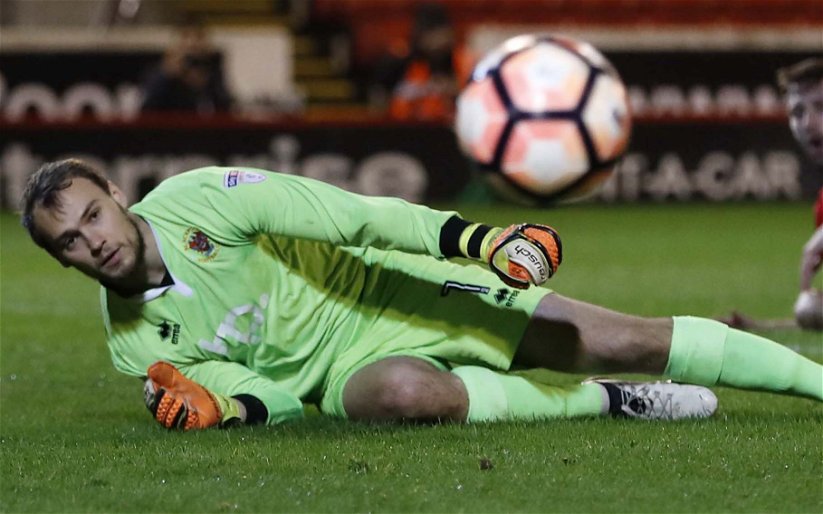So Buckle goes. Chris Swift`s article in today`s Evening Post captures excellently the reasons why the Board had no choice but to end his reign, including confirmation that the rumoured “four letter” (beginning with c) anti-Bristolian outburst did indeed take place after the Port Vale game. His position was quite simply untenable.
So where to next? As you`d expect, there are a lot of differing views on who would be the best person to pull the club out of the death spiral it currently appears to be in, with plenty of names being bandied about on messageboards and other forms of social media. There does, though, tend to be consensus on one thing – doubts about the ability of the current Board to make a decent decision given their shambolic record of appointments over the last year or so. Sadly, though, the decision will be made by those in Box 1.
There`s only one new face in the Boardroom as the club goes about the job of picking their fifth manager in the space of thirteen months – Brian Seymour-Smith, newly appointed Fans` Director and (as a result) recently departed Soccer Saturday reporter. My advice to him would be simple: ask the other members of the Board what their plan/strategy is for achieving success on the pitch. Until you know what that is, how can you go about effectively selecting the right manager for the job?
Rovers` last decent bit of success back in 2007 came about directly – in my opinion – as a result of that crucial question forming the basis on which Paul Trollope and Lennie Lawrence were appointed in 2005. In that year, the Board had adopted a “Seven Point Plan” that had been developed in 2005 by Mike Turl, Kim Stuckey and Roger Cooper. It was based on the principles of getting the best value for money from the playing budget by developing a comprehensive scouting system to identify low cost non league players and a youth policy to develop home grown players. Add that to an experienced spine, it was argued, and you`d have a chance of both delivering success on the pitch and living within your means off it. With that in mind, Lennie Lawrence was brought in to give initial assistance to the inexperienced Paul Trollope but more importantly to develop the scouting network and youth development process. It`s a crying shame that the key architects of those policies were allowed to leave the club in 2006 as we lost our direction after that (despite claims by the Board that they were committed to the plan). Lennie Lawrence was allowed to become an expensive assistant manager, the reserve team was disbanded and generally there seemed to be no direction to the club`s player recruitment policies. We seemed to go back to the bad old days of Gerry Francis`s second regime and that of Ray Graydon, buying in journeymen with little loyalty other than to the length of their contract in a sporadic fashion, with no thought to the bigger picture. That`s principally why we are where we are today and didn`t build on the momentum of 2007.
No clearer was that lack of direction than in Buckle`s short reign. It was clear at the time of the initial press conference that the Board`s “strategy” was little more than giving the new manager a sizeable amount of cash (far more than the club can afford) and leaving him to it. Nick Higgs` comments were as follows: ‘The budget will be slightly smaller than last season, but it will be one of the larger ones in League Two. It gives the manager ample opportunity to recruit and bring in players who can hopefully take the club forward and get us back into League One. We have a budget we think is commensurate with challenging for promotion. If things are going well and we are successful, then we can ratchet it up even further”.
And what did Buckle do when left alone with all that cash? He frittered it away on long contracts for a succession of experienced pros, the majority of whom had worked for him before at Torquay and – at the supposed peak of their careers – had been reliant on other results to get them into the play-offs on the last day of the season after a 3-1 loss at Rotherham. Meanwhile, a host of younger home-grown players who – let`s be honest – could probably have got Rovers more than 23 points this season were either shipped out or not given any opportunities. There was also little or no sign of the club trying to unearth any non-league gems, apart from Kayne McLaggan who seemed to attract rave reviews in pre-season but then inexplicably was loaned out to Tonbridge Angels. What a chronic waste of money (including that spent on youth development), and all because the on-field strategy was simply give the manager cash and hope that it brings promotion, with no regard for building the club. The good old “luck and chemistry” approach.
So Brian, the advice is simple. Ask that question and challenge the luck and chemistry approach that has been seen this season and which failed Rovers so badly during the 2000-2005 and 2008-2011 periods. Please. The ‘buy in a load of not very good mercenaries on long contracts to try and get a quick fix’ approach not only doesn’t work, it also keeps the club debt rising to a point that could very soon put the very future of the Football Club in jeopardy.
Article by STILIC
Share this article



